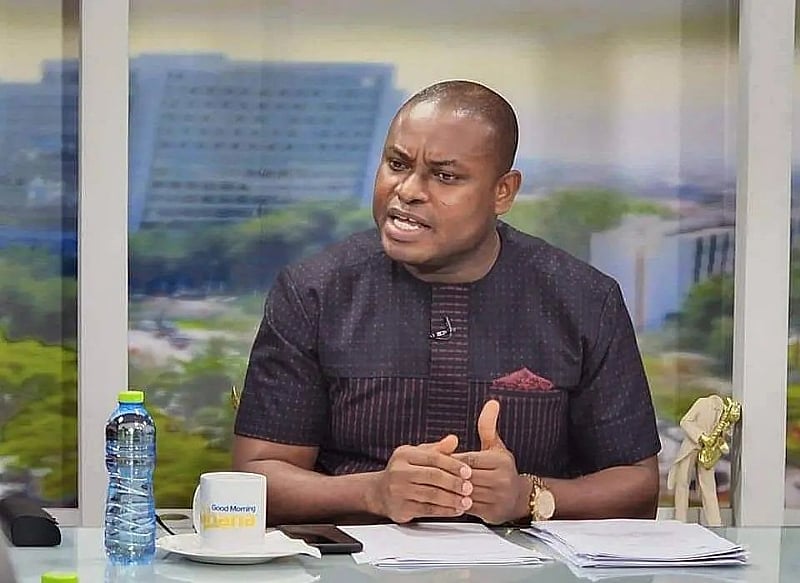The recent directive issued by Julius Debrah, Chief of Staff under the John Mahama-led National Democratic Congress (NDC) administration, has ignited a controversy surrounding the legitimacy of appointments made by the preceding government in the waning days of its tenure. The directive, issued on February 11, 2025, mandates the annulment of all appointments and recruitments made after December 7, 2024, citing a lack of adherence to established good governance practices and principles. This move has drawn sharp criticism from the opposition New Patriotic Party (NPP), with its National Communications Director, Richard Ahiagbah, leading the charge against what he terms a dangerous precedent.
Ahiagbah’s central argument hinges on the perceived hypocrisy of the NDC’s stance. He points to a similar scenario during the first Mahama administration, where last-minute recruitments were justified and upheld. This inconsistency, he argues, undermines the principle of continuity in governance and threatens the stability of Ghana’s democratic processes. By retroactively invalidating decisions made by a legitimate, albeit outgoing, government, the current administration risks creating a cycle of political retribution, where each incoming government seeks to undo the actions of its predecessor, regardless of their merit.
The NPP spokesperson further contends that the directive serves the narrow interests of the NDC, prioritizing party loyalty over the broader needs of the nation. By purging individuals appointed by the previous government, the NDC, according to Ahiagbah, is creating space to reward its own supporters and consolidate its grip on power. This politicization of appointments, he warns, undermines the professionalism and impartiality of the civil service, potentially impacting the efficiency and effectiveness of government operations.
The crux of the debate lies in the interpretation of “good governance practices and principles.” While the NDC claims that the annulled appointments were made in a hasty and potentially irregular manner, the NPP argues that they were legitimate exercises of governmental authority within the confines of the law. The absence of clear, universally accepted criteria for evaluating the propriety of such appointments further complicates the matter. This ambiguity leaves room for subjective interpretations and politically motivated actions, potentially leading to further disputes and instability.
The controversy surrounding the annulment of appointments raises broader questions about the transition of power and the continuity of governance. A smooth and orderly transfer of power is essential for maintaining stability and preventing disruptions in the functioning of the state. While incoming governments have a legitimate right to review and revise policies and programs of their predecessors, the wholesale annulment of appointments based on vague accusations of impropriety raises concerns about due process and the potential for abuse of power. A clear framework is needed to guide the transition process and ensure that appointments are made based on merit and competence, rather than political expediency.
The ongoing dispute underscores the need for greater clarity and transparency in the appointment process. Establishing clear guidelines and criteria for evaluating the suitability of candidates, coupled with mechanisms for independent oversight, can help mitigate the potential for political manipulation. Furthermore, strengthening institutions responsible for upholding good governance principles can help ensure accountability and prevent arbitrary actions by those in power. Ultimately, fostering a culture of respect for democratic norms and the rule of law is crucial for building a stable and prosperous Ghana.


